Numbers Aren’t All
Not Everything that Counts Is Graded
May 31, 2019
Grades determine your future, your career, and your outcome. Or do they?
Students put too much meaning behind numbers. They focus too much on getting the grade, getting the 100, and not on the learning. But, it is the learning, not the grade, that helps in the future.
Although usually the grade does reflect learning, that is not always true. The test could be a review for which a student gets a 100, but they did not learn anything. It’s just a review. Or sometimes a grade just reflects what the student copied based upon what teacher said. They could get 100. But it’s not really learning. Another thing is sometimes grades just reflect compliance. Sometimes students are graded on if they did the work. “Did you do it? Good, good job!,” and the student gets a 100. Sometimes the student just rushes through a worksheet in homeroom just to complete. This should not be a grade. It is not learning. The student just did it, just filled it in.
On the other hand, there are some things that cannot be graded. For instance, character. Grades will never show how much a student is worth. A number could never define what a student’s character is. Someone could get all As, but have terrible character. Is that really a good student if they get all As but have a bad character?

Yet, they might have learned the most through failing.
— Kaiaam Mohammed
Also effort is not graded. Students who do try as hard as they can but cannot complete an assignment, still can learn by making mistakes. But they don’t get the 100. Yet, they might have learned the most through failing. It’s okay to get a C if you learned something. The learning is the real one hundred. The real grade.
When students graduate, no one asks what their grades were. What matters is what was learned while in school. This gives them knowledge and a big reference book in their head. The student can say “this is what I learned” and will always have it stored in their head to use. The knowing is what they bring into the future, not the grade.
Learning is like reading. Once you read the book, you can always go back to it for reference. You will know the basics in the book. The learning was already done. You already “read” it, so you know it. You have the basics. You can then expand on the knowledge. The expanding of the knowledge requires that the learning was done in the first place. This comparison is like receiving a grade. The grade is not as important as the fact you took the plunge into the learning. It can be really hard to get into the learning, just like it can be hard to get into a book. But, once you get past the beginning, which can be boring, you can really get into it. Sometimes you read and are not thinking and completely forget what you were just reading. So you have to go back a second time. This is like learning. It might take more than one try. So a 100 on something for compliance or on something that was easy like a review of The Cat in the Hat is not as important as a 75 on something that involved critical thinking like reading Shakespeare.
Students should focus on learning and not stress over grades. They take hours of each day just to prepare themselves for getting a good grade. In fact, according to American Test Anxiety Association, “It’s not clear exactly how many students have [test anxiety], but severe test anxiety could afflict as much as 20 percent of the school-going population.” The article also said that “another 18 percent may have a moderate form of the condition.” The anxiety is because students often think that whenever they get a bad grade or fail a test that it is over and everything is lost. So the focus becomes on the grade they get and not on learning. But that is completely wrong.
A number will never make up whole of your L.I.F.E. Even if you do fail all of your classes or every test you take, you still might be a phenomenal athlete who doesn’t need know how to calculate Pythagorean’s Theorem. You still might be a world famous cook who doesn’t need to know how to write a haiku. What you do need to know is how to be nice, how to learn from your mistakes, and how to keep going on after you make the mistakes. And these were probably not graded in school.

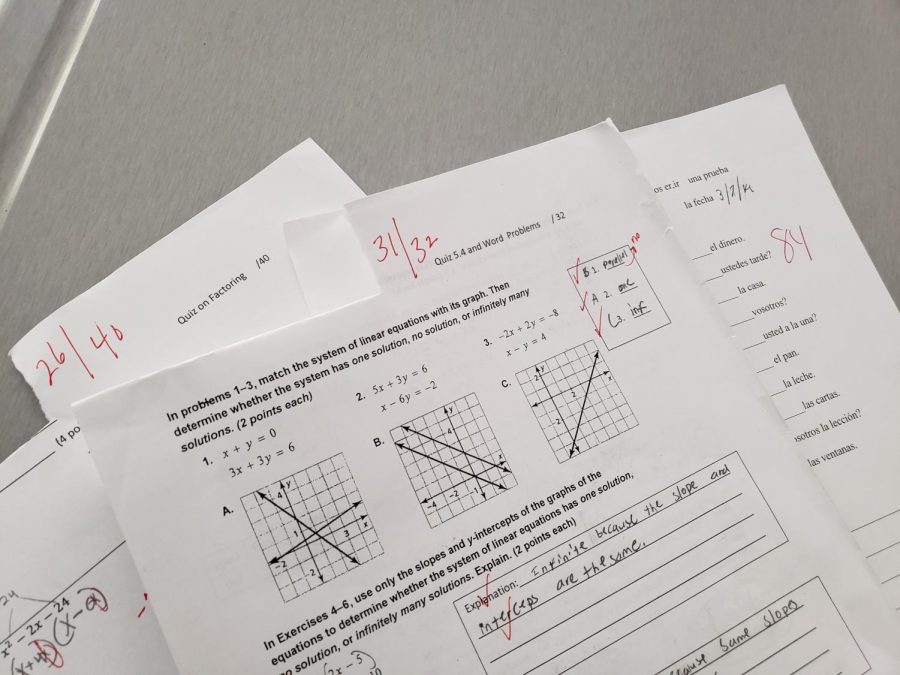


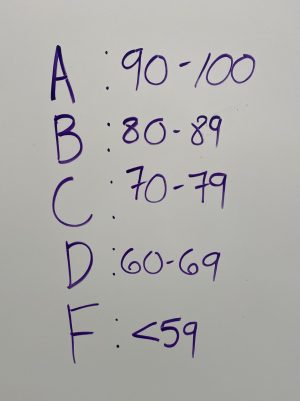


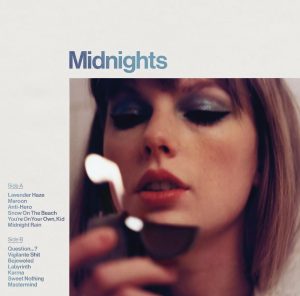


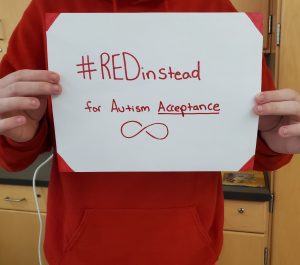


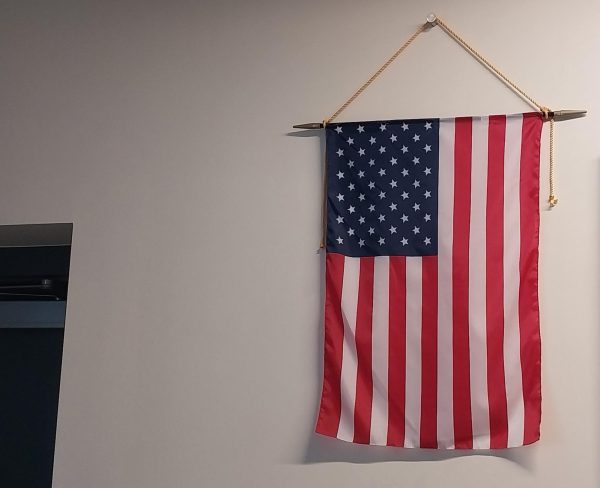




Mia Scarpelli • Jun 7, 2019 at 9:35 AM
Thank you for writing this Kaiaam! This was very well written and I appreciate you writing this! This artricle gave me insight on how grades aren’t just numbers, and i will think about this article more as my high school career unfolds.
Sincerely, Mia Scarpelli